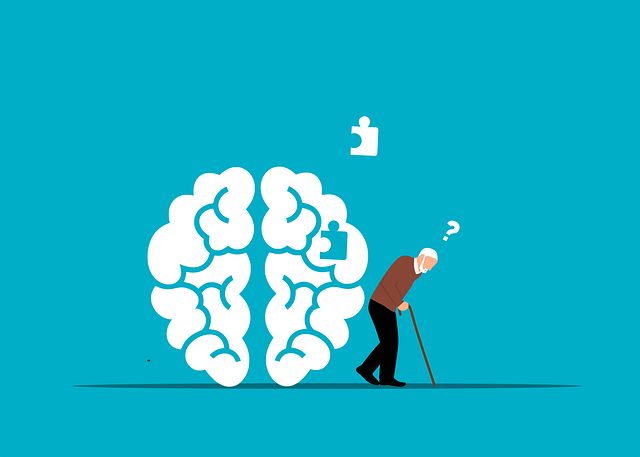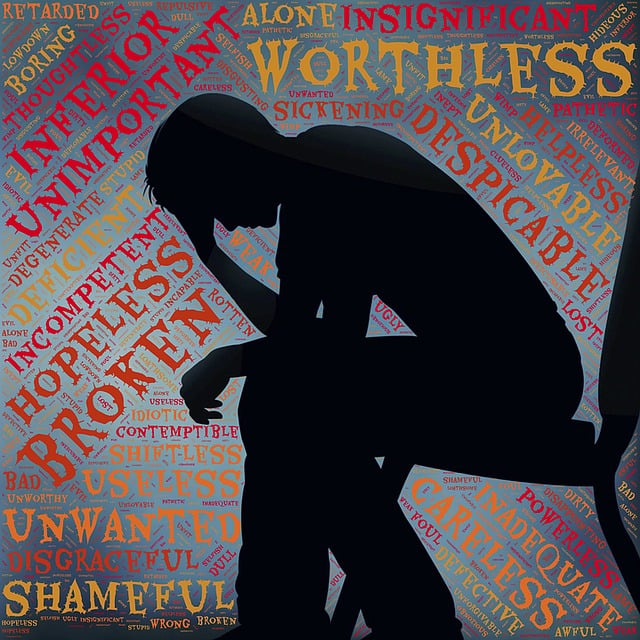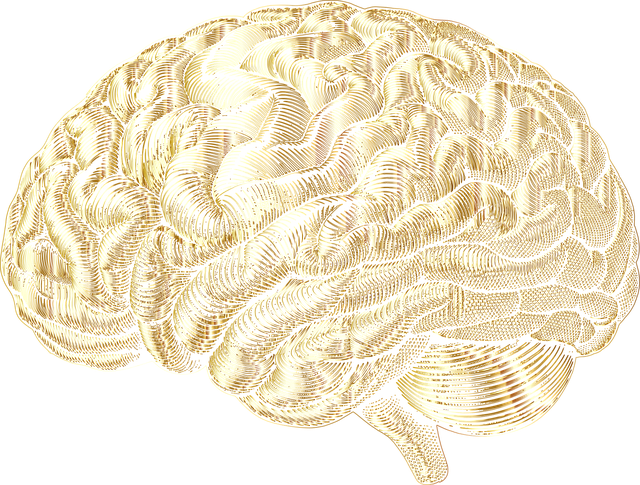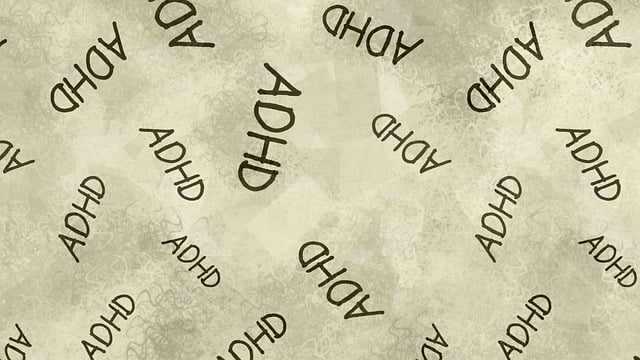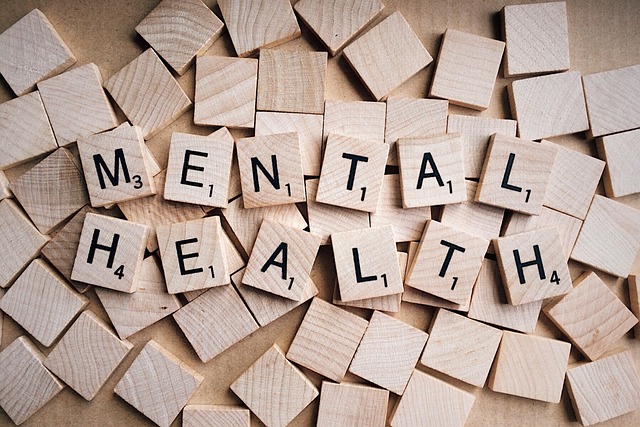Depression, marked by persistent sadness and various symptoms, requires early recognition and multi-faceted treatment. For individuals in Littleton struggling with panic disorder and anxiety attacks, therapy plays a pivotal role. Anxiety attacks therapy equips patients with coping mechanisms like conflict resolution and journaling to track moods and triggers. Adopting healthy habits, including regular exercise, quality sleep, and balanced nutrition, significantly aids depression prevention and management. Professional guidance from therapists specializing in Littleton panic disorder and anxiety attacks therapy, such as Cognitive Behavioral Therapy (CBT), offers tailored support. Mindfulness practices, stress management techniques, and medication management are also effective tools. Combining professional interventions with personal well-being strategies is key to successful long-term mental health recovery.
Depression is a prevalent yet manageable condition. If you’re feeling persistent sadness, hopelessness, or loss of interest, know that help is available. This article explores effective strategies to prevent and overcome depression. We delve into recognizing subtle signs and symptoms, emphasizing the impact of lifestyle changes for mental well-being. Additionally, we discuss professional help, including therapies tailored for Littleton panic disorder and anxiety attacks, offering a comprehensive roadmap to recovery.
- Recognizing the Signs and Symptoms of Depression
- Lifestyle Changes for Better Mental Health
- Professional Help and Therapies: A Comprehensive Approach to Recovery
Recognizing the Signs and Symptoms of Depression

Depression is a serious mental health condition that can significantly impact an individual’s daily life and well-being. Recognizing the signs and symptoms early on is crucial for effective prevention and treatment. Common indicators include persistent feelings of sadness, hopelessness, or emptiness, along with changes in appetite, sleep disturbances, fatigue, difficulty concentrating, and thoughts of self-harm. These symptoms can vary in intensity and may come and go, making it essential to be aware of personal triggers and patterns.
For individuals struggling with anxiety, panic attacks, and Littleton Panic Disorder, recognizing the connection between emotional distress and physical sensations is vital. Therapy, such as that offered by professionals specializing in anxiety disorders, can provide valuable tools for coping. Techniques like conflict resolution, mental wellness journaling exercises, and developing effective coping skills can empower individuals to navigate their emotions healthily. By keeping a journal to track moods, triggers, and coping strategies, one can gain insight into patterns and identify early warning signs of depression.
Lifestyle Changes for Better Mental Health

Adopting a healthy lifestyle plays a pivotal role in preventing and managing depression. Regular physical activity, for instance, releases endorphins that boost mood and reduce stress. Incorporating structured exercise routines into your daily schedule can significantly enhance emotional well-being, offering an effective coping mechanism against panic attacks and anxiety. Moreover, prioritizing quality sleep is essential; maintaining a consistent sleep cycle supports mental resilience and aids in regulating emotions.
Nutrition also figures prominently in mental health maintenance. A balanced diet rich in omega-3 fatty acids, vitamins B and D, and magnesium can contribute to optimal brain function and emotional stability. Conversely, excessive sugar intake and processed foods have been linked to increased anxiety and depressive symptoms. For individuals in Littleton grappling with panic disorder and anxiety attacks, these lifestyle changes become crucial tools in their therapy arsenal. Additionally, stress management techniques such as mindfulness meditation, deep breathing exercises, and yoga can prove invaluable in mitigating risk factors associated with mental health disorders, as highlighted by the comprehensive Risk Assessment for Mental Health Professionals.
Professional Help and Therapies: A Comprehensive Approach to Recovery

Depression prevention isn’t just about self-help strategies; it often requires a comprehensive approach involving professional guidance and therapies. For individuals struggling with depression or at risk of relapse, seeking help from mental health professionals can make a significant difference. Therapies like cognitive-behavioral therapy (CBT) are highly effective in treating depression, anxiety, and panic disorder symptoms. This evidence-based practice helps individuals identify and change negative thought patterns, thereby improving their emotional well-being.
In Littleton or any other community, specialized therapists can provide tailored support for various mental health concerns. Besides CBT, other therapeutic modalities include interpersonal therapy, mindfulness-based practices, and sometimes medication management. Organizations like the Stress Management Workshops promote emotional intelligence and offer techniques to manage stress, which is a significant risk factor for depression. These professional interventions, combined with personal effort, can empower individuals to take control of their mental health and foster lasting recovery.
Depression is a serious yet treatable condition, and armed with the right tools and support, individuals can effectively manage and prevent relapses. By recognizing early signs and symptoms, adopting healthy lifestyle changes, and seeking professional help when needed, one can significantly improve their mental well-being. Remember, just as Littleton Panic Disorder and Anxiety Attacks Therapy offers specialized care for specific conditions, tailored prevention strategies can address individual needs, fostering a more resilient and fulfilling life.
